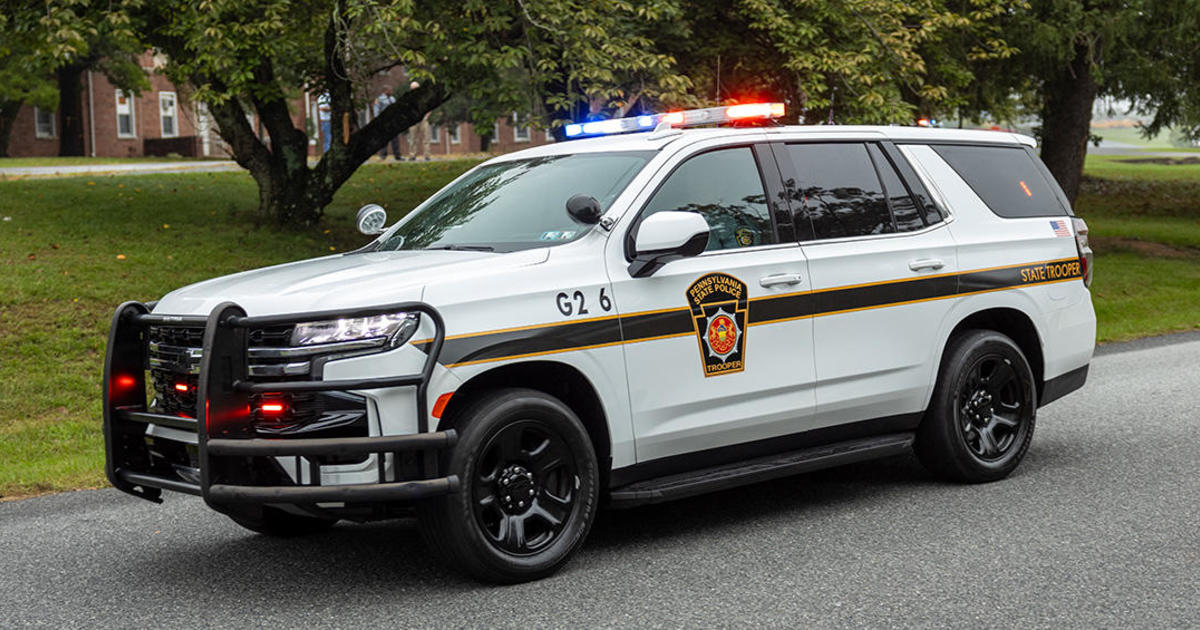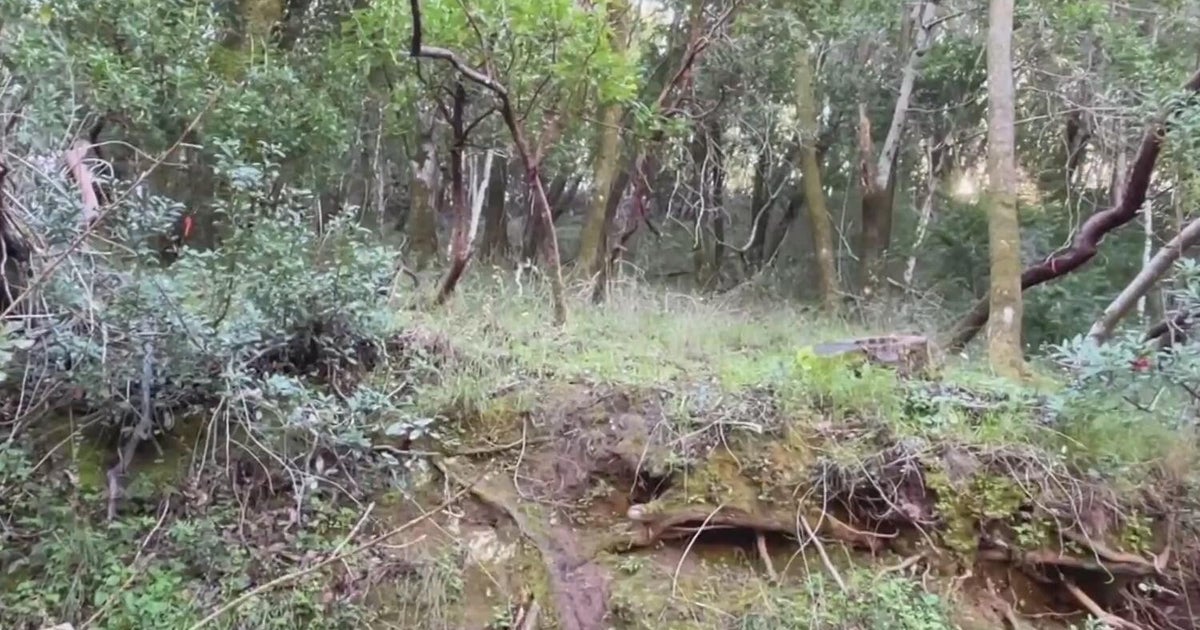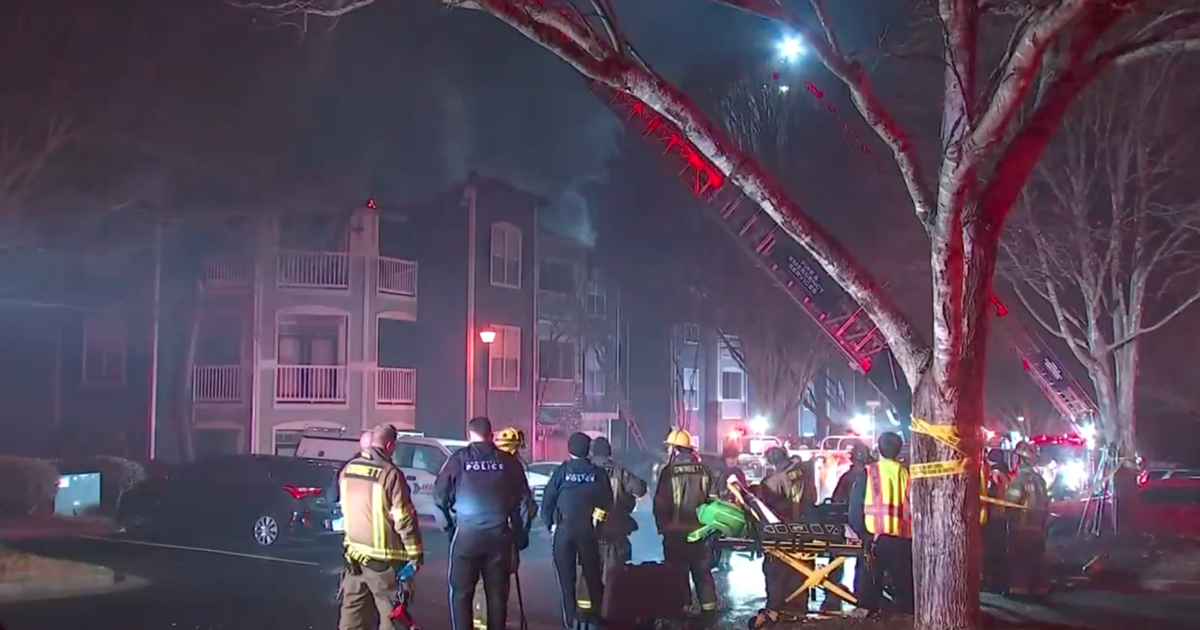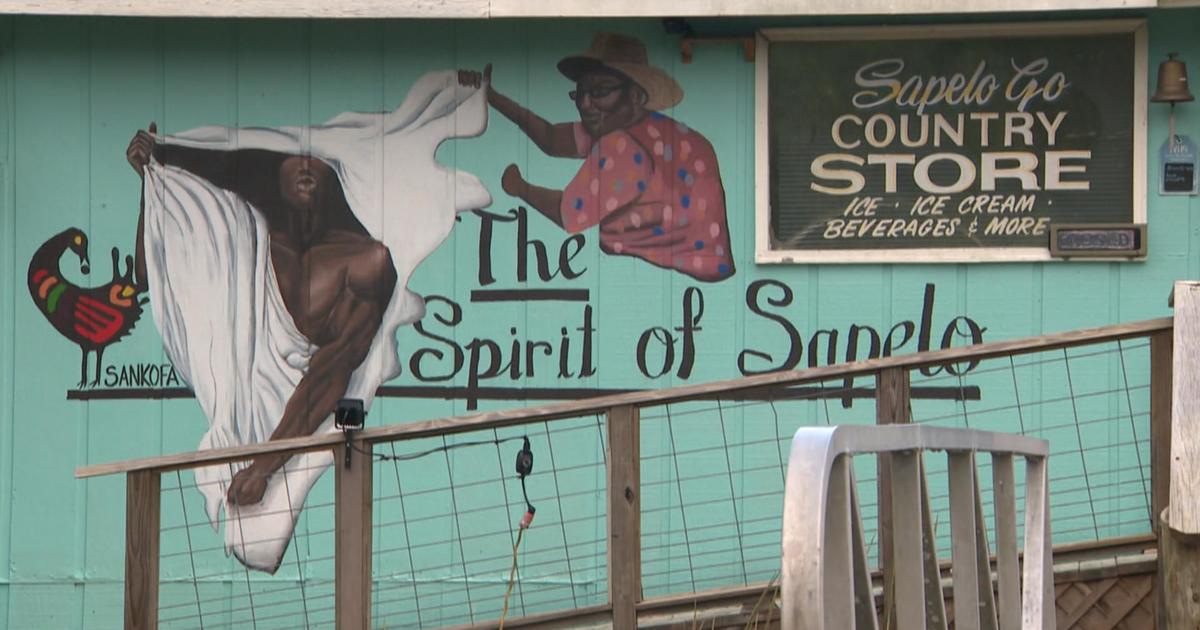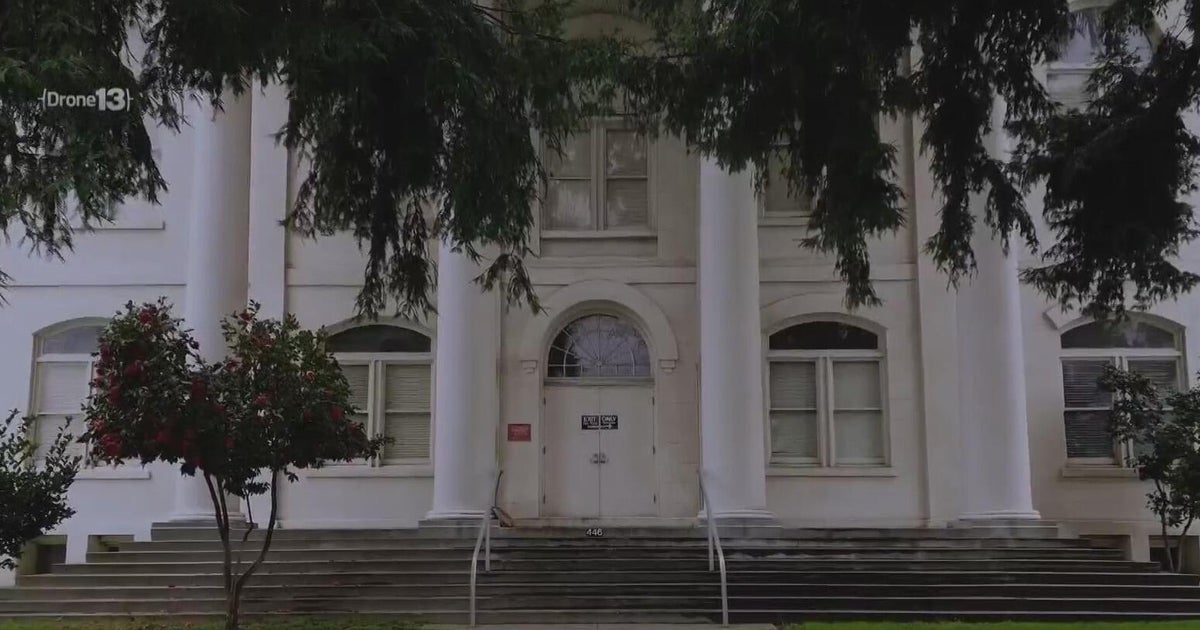Deeds To Land In Levittown, Nation's First Suburb, Rooted In Systemic Racism
LONG ISLAND, N.Y. (CBSNewYork) - There's a push on Long Island to uncover and learn from history that deliberately excluded people of color from the first suburbs.
Restrictions were written into some of the earliest property deeds and still exist today, CBS2's Carolyn Gusoff reported Monday.
Levittown, the nation's first suburb, was built for returning soldiers after World War II, but only for white soldiers.
The roots of racism are buried in the deeds.
"The tenant agrees not to permit the premises to be used or occupied by any other persons than members of the Caucasian race," said Nassau County legislator Carrie Solages, reading from a 1948 lease.
Levittown wasn't the only place with restrictive covenants dating back to the 1920's.
Other places restricted Jews.
"It was obvious, it was institutionalized, it was systematic and systemic... real estate brokers were involved, they would not show you a house in neighborhoods where you were not welcome," said Nassau lawmaker Arnold Drucker.
The Supreme Court declared the covenants unenforceable by 1950, but the language is still engraved in thousands of deeds, unbeknownst to many homeowners.
"They have been removed in some places, but they do still linger in others," said Tessa Hultz, of the Long Island Board of Realtors.
Michael Sheridan, of Levittown, checked his deed and asked neighbors to do the same.
"A couple of them have said it's on there, which is kind of shocking," said Sheridan. "It's boiler plate language. It's in there, buried... pages you're not looking at, you're just signing... It's disgusting, it's history we shine light on and it doesn't continue to happen."
That's why some lawmakers are proposing the creation of a Nassau County database, using volunteers to search deeds and expose them.
"To help people understand, so that they can take actions to keep recognizing the need to dismantle racist structure," said Dr. Lisa Newland, a professor of social work at Molloy College.
The Levittown Coalition for Change is taking action, too.
"There is a direct intention behind us growing up with just our own people, and no black or brown people in our neighborhood," said Andrew Castle. "It's important to understand that didn't happen by accident. That happened very, very much on purpose."
The original deeds cannot be changed, but lawmakers hope exposing the content can help educate the community.

